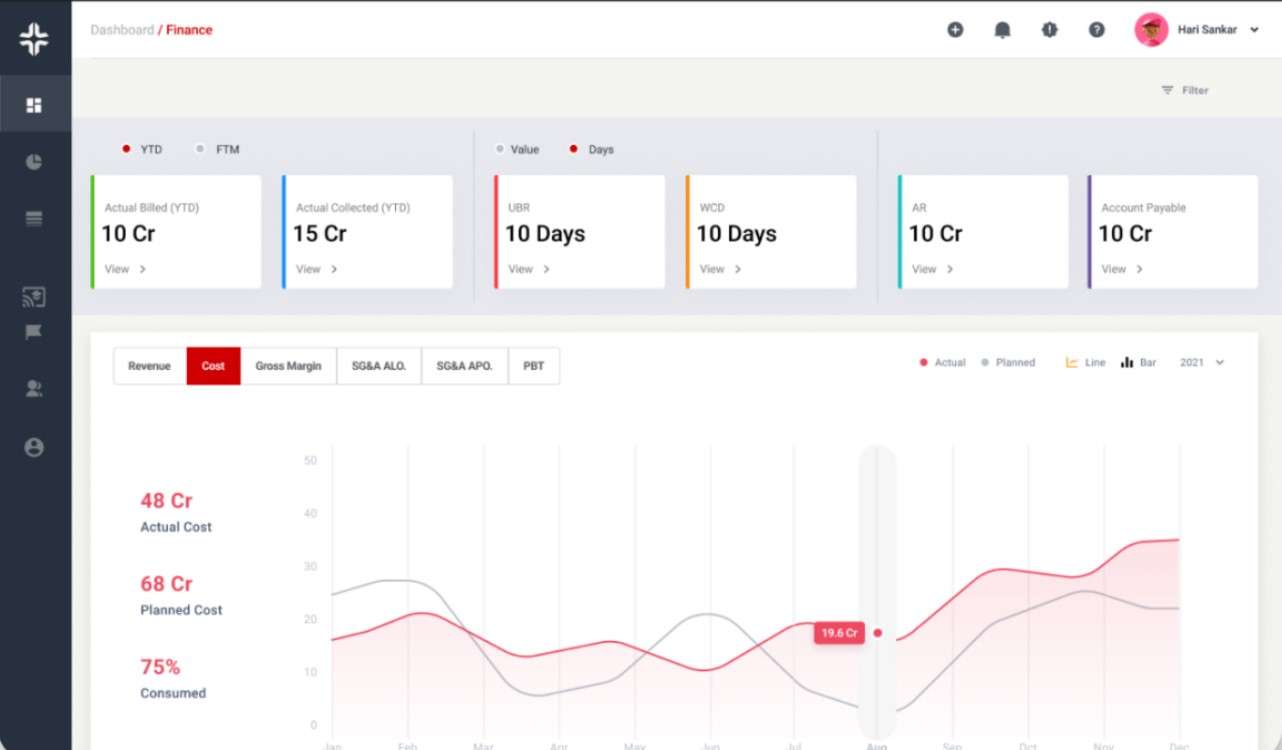
What is Cost Per Project?
Cost Per Project (CPP) is a financial metric used by businesses to determine the total expenses incurred for a specific project. This includes labor, materials, overhead, and any other associated costs.
By understanding the CPP, businesses can gauge the profitability of a project, allocate resources more effectively, and make informed decisions about future projects.
Importance of Cost Per Project
Understanding the CPP is crucial for several reasons:
1. Budget Management: It helps businesses set realistic budgets and ensures that projects don’t exceed allocated funds.
2. Profitability Analysis: By comparing the CPP to the revenue generated by the project, businesses can determine its profitability.
3. Resource Allocation: Knowing the CPP can guide businesses in allocating resources efficiently, ensuring that no project is over or under-resourced.
4. Decision Making: A clear understanding of CPP can influence decisions regarding which projects to pursue and which to avoid.

Importance of Cost Per Project
Calculating Cost Per Project
Formula:
Cost Per Project (CPP) = Total Expenses of the Project/Number of Projects
Example:
Let’s say a company undertook a project that had the following expenses:
Labor: $10,000
Materials: $5,000
Overhead: $3,000
Total Expenses = Labor + Materials + Overhead
Total Expenses = $10,000 + $5,000 + $3,000 = $18,000
If this was the only project undertaken, the CPP would be:
CPP =($18,000) / (1) = $18,000
Cost Per Project vs Other Metrics
While CPP is an essential metric, it’s vital to understand how it differs from other related metrics:
1. Cost Per Project (CPP) vs Cost Per Hour (CPH): While CPP calculates the total expenses for a project, CPH determines the cost incurred for every hour spent on the project. CPH is useful for projects billed hourly, while CPP is more suited for fixed-price projects. Learn more about efficient project financial management.
2. CPP vs Return on Investment (ROI): ROI measures the profitability of a project by comparing the net profit to the initial investment. In contrast, CPP only considers the expenses without factoring in the revenue.
| Metric | Description | Use Case |
|---|---|---|
| Cost Per Project | The total cost incurred to deliver a single project. | Assess project profitability and pricing. |
| Utilization Rate | The percentage of billable hours vs. total available hours for employees. | Measure workforce efficiency. |
| Billable Utilization | The percentage of billable hours vs. total available hours for a specific project or client. | Evaluate project profitability. |
| Customer Satisfaction | A measure of how satisfied clients are with the service provided. | Monitor service quality and reputation. |
Utilizing Cost Per Project
Businesses can use CPP in various ways:
1. Project Evaluation: Before undertaking a project, businesses can estimate the CPP to determine if it aligns with their budget and expected profitability.
2. Performance Analysis: Comparing the CPP of different projects can provide insights into which projects were managed more efficiently.
3. Forecasting: Historical CPP data can help businesses forecast expenses for future projects. Discover more about forecasting with KEBS.
Ready to Optimize Your Cost Per Project?
KEBS, a leading Professional Service Automation (PSA) software, can play a pivotal role in optimizing your CPP. KEBS offers tools that help businesses set and manage project budgets effectively, ensuring that expenses don’t spiral out of control.
With KEBS, businesses can track all project-related expenses in real-time, providing a clear picture of the CPP. KEBS advanced reporting tools provide insights into CPP trends, helping businesses identify areas for improvement.
Ensure optimal resource allocation with KEBS resource management features, ensuring that projects are neither over nor under-resourced. Dive deep into your project’s financials with KEBS financial management tools, ensuring profitability and efficient cash flow.

KEBS Finance Management
Ready to optimize your Cost Per Project and ensure the financial success of your projects? Contact KEBS today or request a demo to see how KEBS can transform your project financial management.



